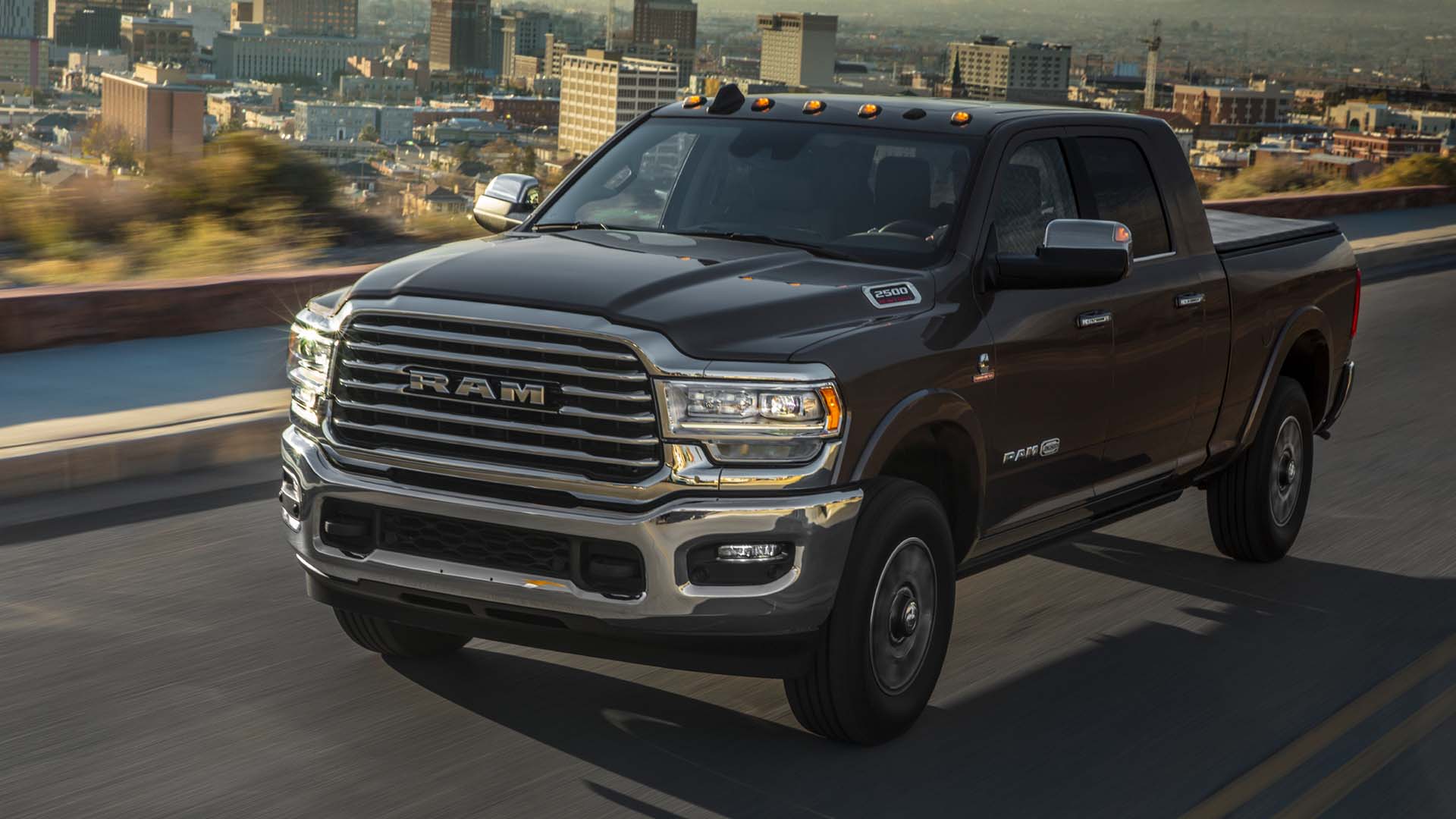

It’s no secret that the average new car is awfully heavy. That’s because the average new car is usually a crossover, SUV, or pickup truck, and as battery power becomes more prominent, that problem won’t be remedied right away. This causes issues on more than a couple of fronts, namely pedestrian safety and infrastructure. Some Washington D.C. council members are looking for a way to mitigate large vehicles’ impacts on both by proposing that anyone with a car or truck weighing over 6,000 pounds pay $500 annually.
As Bloomberg reports, that’s roughly seven times the normal registration fee for, say, a midsize sedan. The District of Columbia typically requires some of the highest registration fees as it is, with vehicles weighing under 3,500 pounds costing $72 per year to register. Anything more than that but less than 5,000 pounds costs $115 annually, while the current structuring has a price cap at $155 for the heftiest rigs.
Notably, the proposal does not make any concessions for people who need large vehicles for work. That’ll be a kicker for anyone whose job requires a diesel truck for moving equipment or materials, if not the most tragic story for those who drive them purely for style and performance. Either way, the penalty would apply just the same.
Now, this may not seem like an immediate concern if your daily driver isn’t a Ford Super Duty, but just look at some of the large SUVs that are out now. A high-end 2022 Chevy Suburban can weigh as much as 6,016 pounds with nobody in it, while the Jeep Grand Wagoneer is even chunkier at up to 6,420 pounds. These are everywhere in urban areas, and D.C. is no different.

The proposal does take electric vehicles into consideration as they’re typically heavier than their gas counterparts. An all-wheel-drive 2023 Cadillac Lyriq—which is about the size of a Cadillac XT6—tips the scales at 5,915 pounds. This would be cause for concern had lawmakers not added a 1,000-pound weight credit for EVs, which effectively lifts the threshold to 7,000 pounds if your car doesn’t require fuel to operate.
Of course, if you drive a 9,046-pound GMC Hummer EV, that’s not so relevant to you. Neither does it help out Rivian R1T owners, as that electric truck nudges into the 7,100-pound territory. It does, however, cover the battery-powered Ford F-150 Lightning, which totals 6,590 pounds with the extended range battery.
One of the leading D.C. council members in support of this, Mary Cheh, told Bloomberg, “You can’t ban sales of these things, but you can make them pay their own way.”
The proposal has already passed through D.C.’s Committee on Transportation and the Environment unanimously, and it was recently approved as part of the city’s overall budget package; it could apparently add $40 million to the city’s general fund in five years. If it’s signed into effect by Mayor Muriel Bowser, drivers of these big ol’ vehicles will have to pay to play.
Got a tip or question for the author? Contact them directly: caleb@thedrive.com